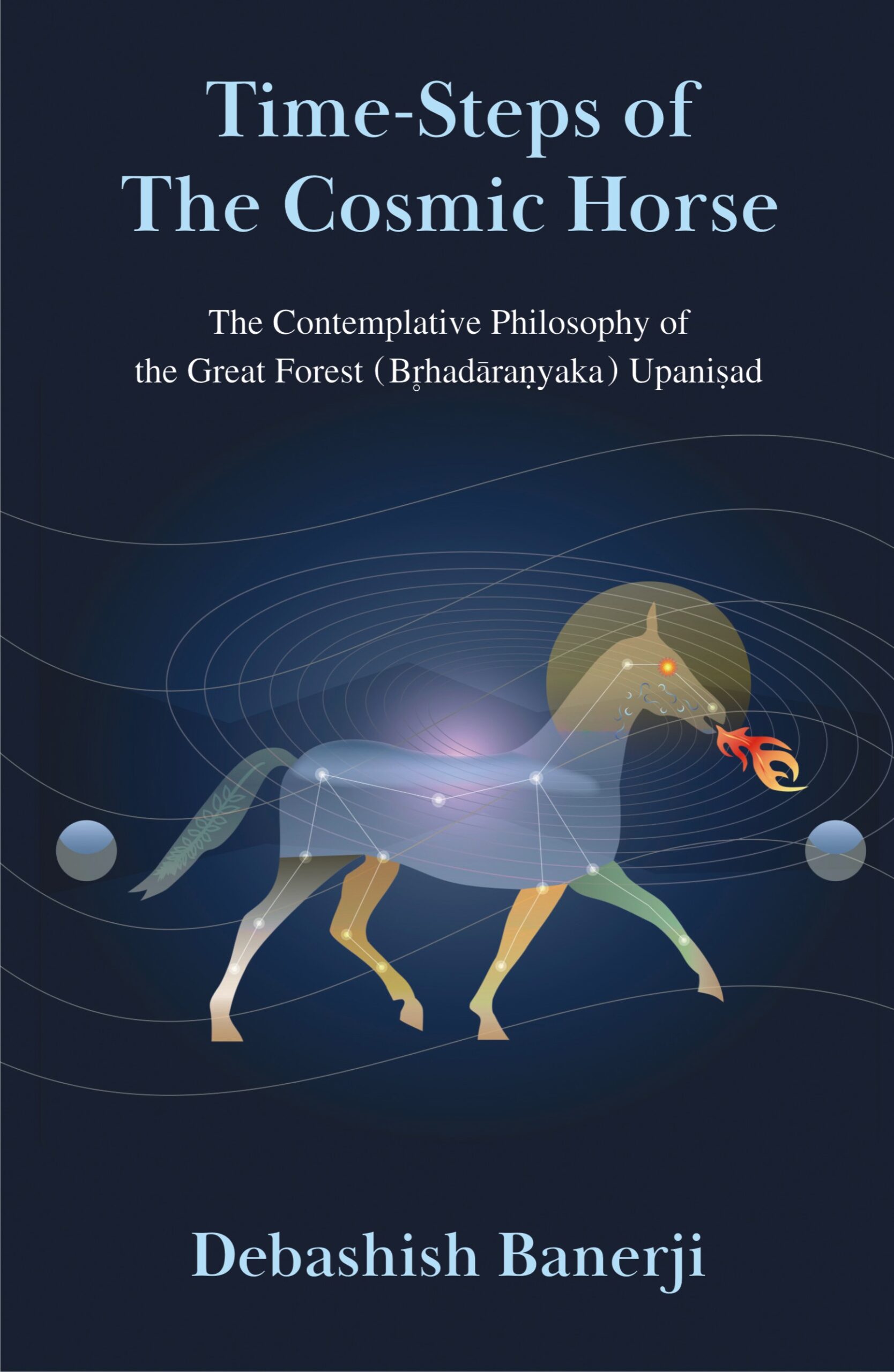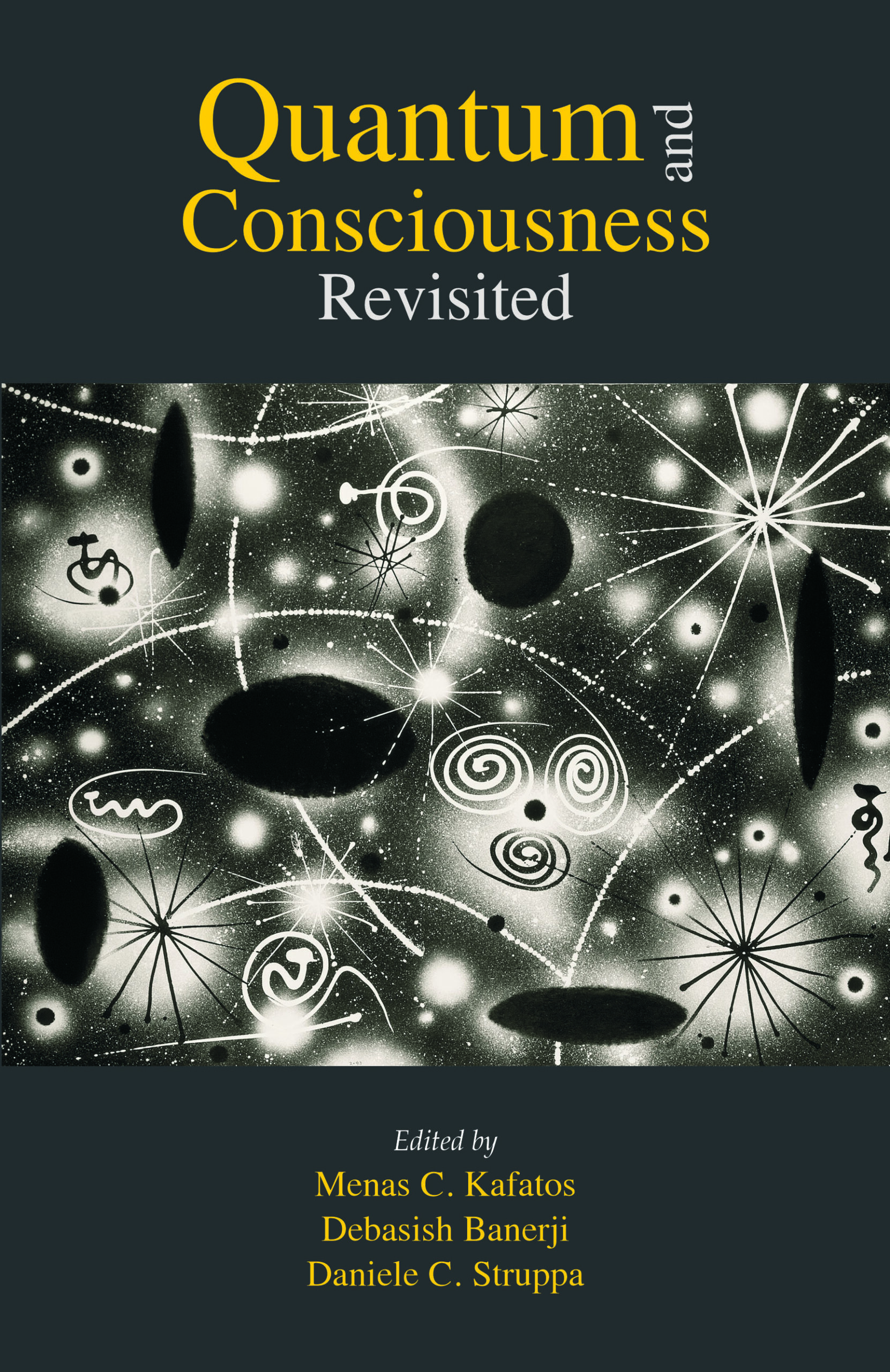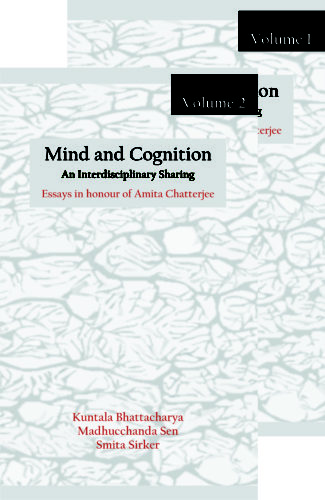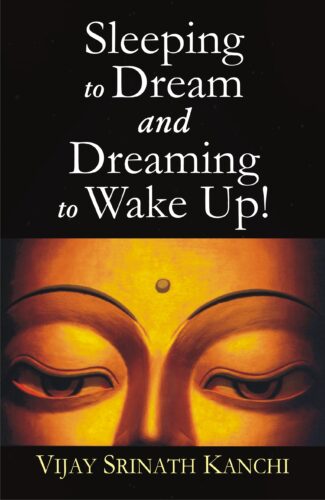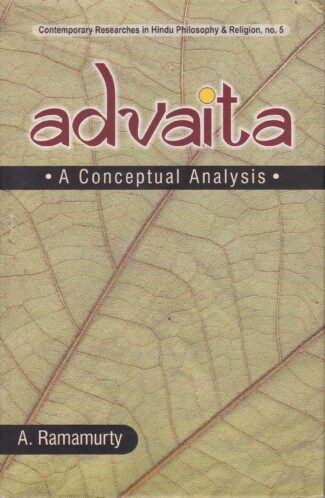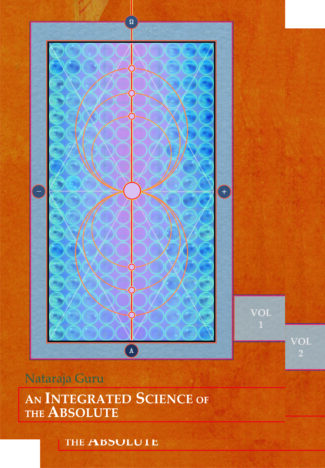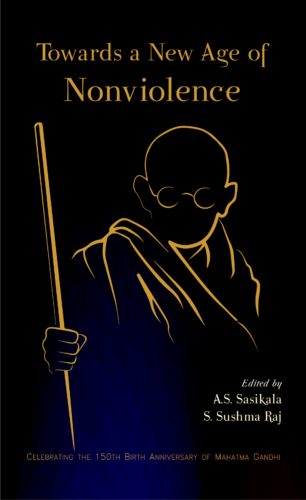-
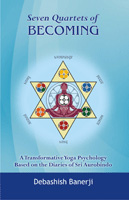

Seven Quartets of Be...
Seven Quartets of Becoming (PB)
A Transformative Yoga Psychology Based on the Diaries of Sri Aurobindo by: Debashish BanerjiThe book constellates Sri Aurobindo’s approach with transpersonal psychology, contemporary lineages of phenomenology, so as to develop a transformative Yoga psychology redefining the boundaries and possibilities of the human and opening up lines of self-practice towards a wholeness of being and becoming.
₹630.00
ISBN: 9788124606261
Year Of Publication: 2012
Edition: 1st
Pages : xvii, 441 p.
Bibliographic Details : Maps, b/w photographs, Appendices; Glossary; Bibliography; Indices
Language : English
Binding : Paperback
Publisher: D.K. Printworld Pvt. Ltd.
Size: 23 cm.
Weight: 800
Groomed in a modern academic tradition and post-Enlightenment ideals of creative freedom and social critique, Sri Aurobindo (1872-1950) turned his attention to yoga and the limits of consciousness in its ability to relate to and transform nature. In the process, he documented scrupulously his experiments and experiences based on a synergistic existential framework of practice.
Debashish Banerji correlates the approach to yoga Sri Aurobindo took in his diaries with his later writings, to derive a description of human subjectivity and its powers. Banerji constellates Sri Aurobindo’s approach with transpersonal psychology and contemporary lineages of phenomenology and ontology, to develop a transformative yoga psychology redefining the boundaries and possibilities of the human and opening up lines of self-practice towards a wholeness of being and becoming.
Both scholar and Yogi, Aurobindo (1872-1950) carefully documented the unfolding of spiritual consciousness starting shortly after his deep revelatory experiences while in prison in 1908. His observations were recently published in a two volume set, The Record of Yoga. Debashish Banerji has analyzed this work and offers a detailed, clear, systematic and inspirational interpretation of how the Yoga of Sri Aurobindo may be understood and practiced.
Þ From the `Foreword’ of
Prof. Christopher Key Chapple
Doshi Professor of Indic and Comparative Theology Loyola Marymount University, Los Angeles, (USA)
Foreword
Acknowledgements
Abbreviations
Introduction
An Incalculabe Yoga — The Seven Quartets — Revolutionary Impulse — Psychology and its Alter-disciplines — Yoga Psychology and the Integral Movement — Experimental Psychologies — Post-metaphysical Philosophies — Postmodernism — The Deleuzian Century — Interlocutors — Objectives
1. Integral Yoga Psychology and the Quartet of Perfection
Contemporary Social Relevance — The Divine Life: Integral Being and Becoming — The Seven Quartets — The Quartet of Perfection or of Yoga — The Two Traditions — Shuddhi, the Starting Point — Yoga Philosophy: Vedanta — Samkhya — The Instrument and the Cause, Karana and Karana — Shuddhi or Purification — Purification of the Life energy (Prana-shuddhi) — The Mental Instrument — Mukti or Liberation — Bhukti or Enjoyment
2. The Quartet of Peace
The Progression of Equality — Equality and the Purusha — The Passive Disciplines of Equality — Titiksha — Udasinata: Being Seated Above — Nati — Active Disciplines of Equality — Rasa — Bhoga — Transforming Pain to Bliss — Priti — Ananda — Shanti — Sukham — Hasya
3. The Quartet of Power
A Different Relation between Soul and Nature — Gendered Considerations — Relationship with the Divine Mother — Rooted Traditions — The Siddhis of the Shakti Catushtaya — Viryam: Soul Force and the Fourfold — Personality — The Soul Force of Knowledge — The Soul Force of Power — The Soul Force of Harmonious Interchange — The Soul Force of Loving Service — Shakti or Divine Power — Embodying the Divine Shakti — Faith and the Divine Shakti
4. The Quartet of Knowledge
Three Forms of Knowledge: Adhibhautika, Adhidaivika, Adhyatmika — Four Forms of Knowledge in Supermind: Vijnana, Prajnana, Samjnana, Ajnana — The Intuitive Mind — The Goals of the Quartet of Knowledge — Cognitive Knowledge: Jnana of Thought — Cognition: The Lower Doublet — Drishti and Shruti: The Higher — Doublet of Cognition — Knowledge of Time — Bridging Time and Eternity — Purification of the Sense Mind — Other Means Towards Trikaladrishti — Siddhis: Justification, Dangers and Use — The Eight Occult — Powers (Ashta-siddhi) — The Powers of Knowledge — The Powers of Will — The Mothers Yoga of the Cells — Powers of Being — Ontological Identity with the
States of Brahman
5. The Quartet of the Body
Body and Spirit — Freedom from Disease — Awakened Body Consciousness — Stages to Arogya — Physical Immortality — Supermind and the Mind of the Cells — The Mystic Body and Physical Transformation — Freedom from Laws of Matter — The Physical Pranas — Stages of Utthapana — Beauty — Bliss
6. The Quartet of Being
Non-Dual Seeing and the Vision of Reality — Mind and The Problem of Duality — An Evolutionary Being-in-Becoming — The One and the Infinite — The Passive Brahman — The Active Brahman — Extending the Oneness — Knowledge — Correspondences — Bliss, Impersonal and Personal — Transcendental Empiricism
7. The Quartet of Action
Personal Gods and an Integral Karma-Yoga — Krishna — Kali — Purusha and Prakriti — Krishna-Kali and the Delight of Becoming — Work — Choice of Work — Stages Towards True Choice — Surrender to the Divine Shakti — Kama — Identity in Difference
8. Attitudes of Self-Discipline
Attitudes of Self-Discipline — Resolution and Sincerity — Aspiration — Constant Remembrance — Equality — Purification — Replacements — Faith — Quiet Mind and the Discipline of Speech — Surrender — The Triple Dasyam
9. The Conditions of Being and Knowledge
Intuition and Identity — Purusha — Integral Realisation of Brahman — Plurality of Life — Bliss as Origin: Impersonal and Personal — The Divine Master — Evidence of the Senses — The Intuitive Faculties — Purification of the Mental Instrument
10. Power and Enjoyment
The Goals of Magic — Karma and the Law of Oneness — Delight of Action — The Four Cosmic Powers — Personal Law of Becoming — Adesha and Karma for Sri Aurobindo — Karma and the Four Shaktis — Capacities of Remote Knowledge and Power — Empiricism of the Records — Bliss — Krishna-Darshana — Samata

